A new European narrative is stirring, writes Constanze Stelzenmüller—one forged in the crucible of great power competition among Russia, China, and the United States. This piece originally appeared in the Financial Times.
Last week, French president Emmanuel Macron published a characteristically grandiose manifesto addressed to the “citizens of Europe.” This sweeping list of policy proposals was published in 28 European newspapers. Berlin has now responded. Tellingly, however, the response to Mr Macron’s urgent plea for France and Germany to reclaim the initiative on Europe came not from Angela Merkel, the German chancellor, but from Annegret Kramp-Karrenbauer.
“AKK”, as she is known, is Ms Merkel’s successor as leader of the Christian Democrats, and thus the presumptive heir-in-waiting. Her intervention is timely, as Germany’s responses to repeated overtures from the French—beginning with Mr Macron’s Sorbonne speech in September 2017—have been glacial and grudging, reinforcing a widespread sense that the European project is not just stalled, but disintegrating.
A great deal is at stake. In the elections to the European Parliament at the end of May, rightwing eurosceptic parties trading on voters’ anger and confusion are expected to make significant gains.
The differences between the visions of Europe set out by Mr Macron and Ms Kramp-Karrenbauer are significant. Mr Macron wants to seduce a pan-European demos by creating new EU agencies and extending the boundaries of European regulation and solidarity on hot issues such as climate change, immigration and social policy—even if that risks alienating some member states. And he wants to combat aggressive Chinese and American competition with a new European state interventionism and protectionism.
Ms Kramp-Karrenbauer’s response is predictably sceptical, in ways that do not simply reflect German preferences, but are shared by several other northern and eastern European member states. She prefers free markets to dirigisme and is wary of transferring power from national governments to EU institutions. She resists pitting “good” pro-Europeans against “bad” populists. And her answer to Mr Macron’s appeals for a European minimum wage, “communitising” debt and making social security systems pan-European is a straight nein.
Yet commentators who wearily declare that we have seen this all before are wrong. On the contrary, what is stirring here is a new European narrative forged in the crucible of great power competition among Russia, China, and the United States—a competition that is global in scope, but in which Europe is a key strategic prize.
February’s Munich Security Conference provided ample evidence of this new strategic landscape. American vice-president Mike Pence harangued Europeans and demanded that they abandon the Iran nuclear deal. A senior Chinese official offered flowery homages to multilateralism that were utterly at odds with Beijing’s attempts to pit EU member states against one another. And the foreign ministers of Russia and Iran sneered at the audience for being dupes of Donald Trump’s America.
Meanwhile, Ms Merkel got a standing ovation for telling the Americans where to get off, but her speech fell woefully short on prescriptions. Mr Macron had to cancel his appearance altogether in order to deal with the gilets jaunes protests at home.
Now, the French president and Ms Kramp-Karrenbauer are laying out what might be called a fourth narrative for a united Europe. The first was about peace; the second, prosperity; and the third, democratic transformation. This fourth story is about the protection of what Mr Macron terms “civilization” and Ms Kramp-Karrenbauer calls the “European way of life”: representative democracy, the rule of law, individual freedom and a social market economy. They are talking, in other words, about preserving the extraordinary achievements of three-quarters of a century on a continent previously riven by war.
Hence their joint focus on Europe’s ability to act: improving its ability to innovate and compete, securing its borders, fending off predators, and creating a European security council that works with the U.K. Both affirm their commitment to the transatlantic alliance, Mr Trump notwithstanding. No mention is made of either “strategic autonomy” or an “EU army.” There are detailed ideas here that most other EU member states could get behind.
Yet to be credible this pragmatic push for a stronger Europe has to avoid three pitfalls. The first is hypocrisy. Standing up to the authoritarians at the gate is a worthy goal, but it will be measured against the deals Europeans make with the likes of Huawei or Gazprom. The second danger is opportunism. European values must also be defended against the authoritarians within, such as Viktor Orban’s Hungary. The final pitfall lies closer to home. Mr Macron is attempting to fix France’s problems, while Germany is staring at a decade of under-investment in infrastructure, competitiveness, and defense. Those are the challenges to be met if Europe is to be a diner rather than dinner in the new zero-sum world order.
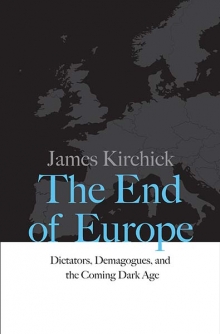
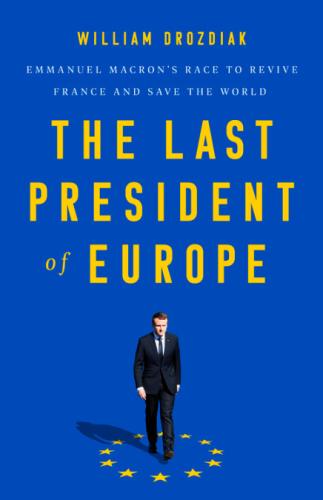
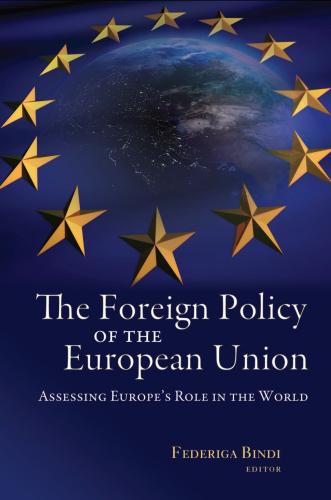
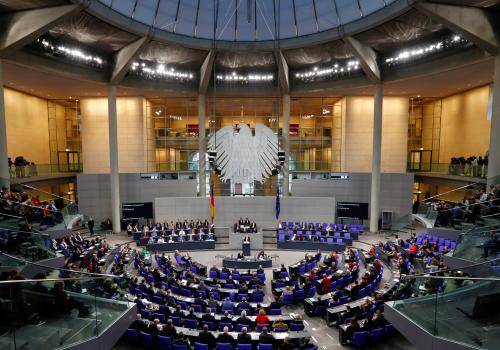
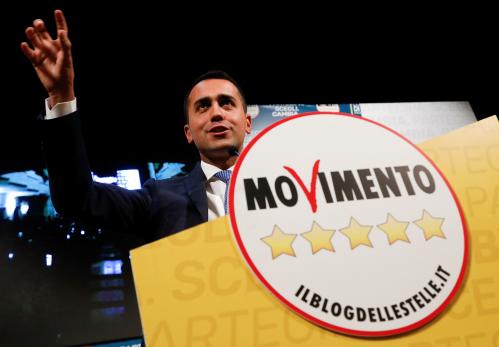



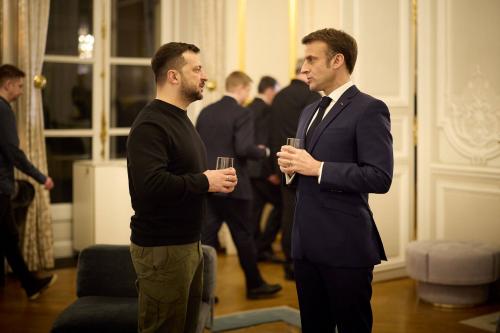
Commentary
A new Franco-German narrative for Europe
March 12, 2019